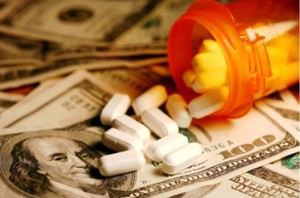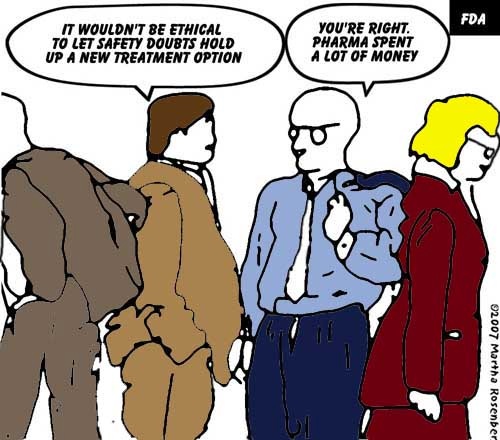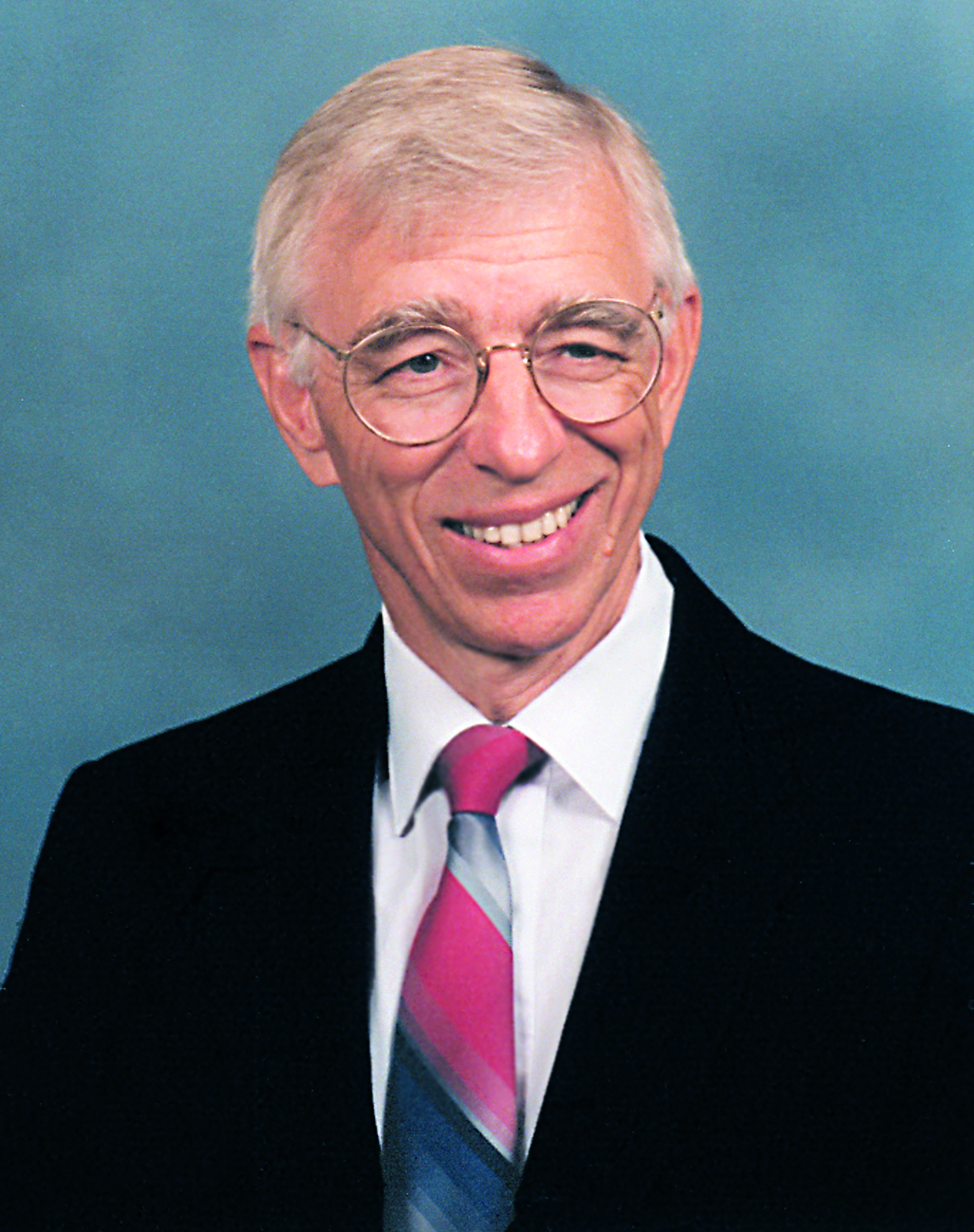
Psycho-Pharma Front Groups Paid Million$
Campaigns to “Stop the Stigma” of Mental Illness were Launched by the Psycho-Pharmaceutical Industry By CCHR International The Mental Health Industry Watchdog August 17, 2020 With…


Campaigns to “Stop the Stigma” of Mental Illness were Launched by the Psycho-Pharmaceutical Industry By CCHR International The Mental Health Industry Watchdog August 17, 2020 With…

Most people blame direct-to-consumer advertising, especially on TV, for elevating everyday anxiety to depression, depression to bipolar disorder, childhood behavior problems to psychiatric illnesses, lack of sleep to excessive sleepiness, migraines to epilepsy drug deficiencies and old age to hormone deficiency
But ghostwriting also helps the national malaise of people suffering from and treating diseases that didn’t even exist before and ballooning government and private health plans costs.

Some 5.4 million children in the United States have been diagnosed with attention-deficit hyperactivity disorder, or ADHD, with two-thirds of them taking psychiatric drugs. Sales of ADHD drugs reached $1.2 billion in 2010, a demand level so high that the U.S. is experiencing an ADHD drug shortage. But an increasingly vocal contingent of psychiatric experts is speaking up against diagnosing children with ADHD, arguing it is a non-existent condition drummed up by pharmaceutical companies to increase sales.
by Ralph Nadar
One of the worst violations involves companies promoting unproven, often dangerous uses for their medicines. Last year, Pfizer paid $1.2 billion for illegal off-label promotion -the largest criminal fine in U.S.history. Other major corporate violators were GlaxoSmithKline, Eli Lilly, Schering-Plough, Bristol-Myers Squibb, AstraZeneca, TAP Pharmaceutical, Merck, Serono, Purdue, Allergan, Novartis, Cephalon, Johnson & Johnson, Forest Laboratories, Sanofi-aventis, Bayer, Mylan, Teva and King Pharmaceuticals.
The violations by these and other drug companies point to the wide range of impacts, including taking many lives of patients, which stems from these recurrent activities. These criminal or civil illegalities cover (1) overcharging government health programs, (2) unlawful promotion, (3) monopoly practices, (4) kickbacks, (5) concealing study findings, (6) poor manufacturing practices, (7) environmental violations, (8) financial violations and (9) illegal distribution.

About 48 of the more than 1,730 California doctors who received money from pharmaceutical companies over the past 21 months have been the subject of disciplinary action, a database compiled by the investigative news organization ProPublica found. ProPublica found that the seven drug companies paid $6.7 million to 290 doctors who faced disciplinary action or other regulatory sanctions in various states. San Francisco psychiatrist Karin Hastik, for example, took $168,658 in speaking and consulting fees from Eli Lilly, AstraZeneca and GlaxoSmithKline since 2009. But in May, the Medical Board of California placed Hastik on probation for negligence, prescribing drugs without prior examination, and failing to keep adequate records about a patient she had been caring for since 2000. Hastik did not return calls for comment.